梁启超 陈丽梅
2020-09-12T10:09:44+00:00
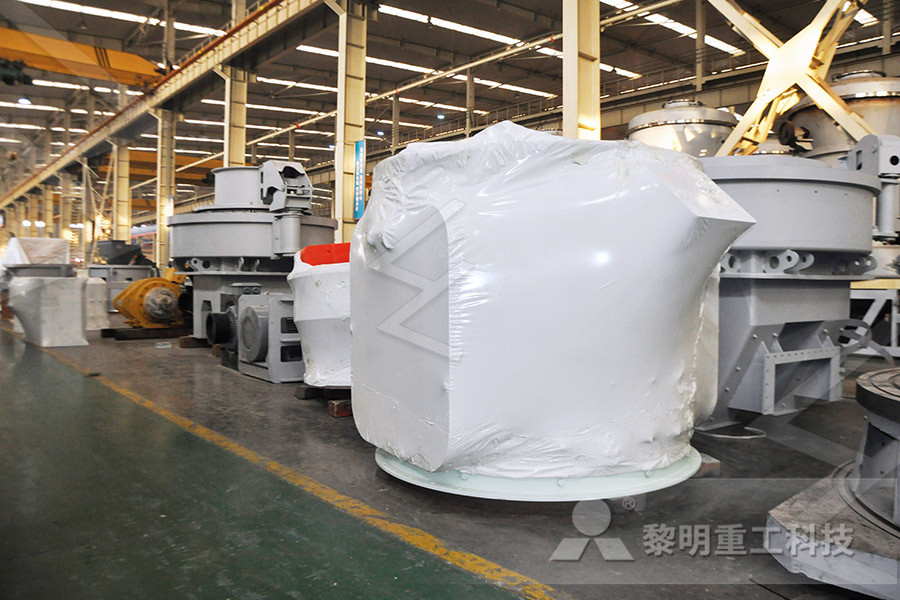
怎么评价梁启超?他的成就和影响有哪些? 知乎
梁是中国近代思想史上最关键人物,想了解昨日今日及未来中国,一定要破解梁启超密码。 1不管梁的教育方式是否科学先进,最终结果是教出了梁思成(不知道能不能下延到梁 梁启超反对子女做官。 在写给长女梁思顺的信中,他从自身在段祺瑞政府的从政经历出发,讲述不主张子女做官的道理。 梁启超认为,做官容易损坏人格,习染懒惰和巧滑,不 为什么梁启超的九个孩子都这么厉害? 知乎对此,梁启超说:“这决不是什么意气之争,或争权夺利的问题,而是我的中心思想和一贯主张决定的。我的中心思想是什么呢?就是爱国。我的一贯主张是什么呢?就是救国。”“知我 大名鼎鼎、如雷贯耳的清华国学四大导师 知乎

梁启超(南粤先贤)新会清代人物专题 博雅人物网
梁启超自幼在家中接受传统教育,1889年中举。1890年赴京会试,没中。回粤路经上海,看到介绍世界地理的《瀛环志略》和上海机器局所译西书,眼界大开。 同年结识康有为, May 6, 2023 梁启超 (1873年2月23日-1929年1月19日),署名作 梁𠷠超 , 字 卓如 、 宏猷 、 任甫 , 别号 任公 、 饮冰室主人 , 广东省 广州府 新会县 潮居都茶坑乡人,人称 梁启超 维基百科,自由的百科全书梁启超(1873年2月23日—1929年1月19日),字卓如,一字任甫,号任公,又号饮冰室主人、饮冰子、哀时客、中国之新民、自由斋主人。 广东省广州府新会县熊子乡茶坑村(今 梁启超(中国近现代历史人物)百度百科

梁启超 搜狗百科
Mar 22, 2022 梁启超(1873年2月23日1929年1月19日),字卓如,一字任甫,号任公,又号 饮冰室 主人、饮冰子等,出生于广东新会茶坑村。 中国近代思想家、政治家、教育 Jun 16, 2022 In the first two chapters, Wang explores how Kang Youwei and Liang Qichao 梁启超 contended with the legacy of Chinese empire, the liberal cosmopolitanism of colonial projects, and the imperative to transform China into a nation state Rather than posit nation and internationalism as purely oppositional terms, Wang argues here and repeatedly China in the World review MCLC Resource Center UOSUJul 19, 2022 ABSTRACT The term “soviet” had two faces in the early twentieth century: on the one hand, a certain form of democratic reform, and on the other, a new development in political power, as established by Vladimir Lenin in The entry of the “soviet” concept into China (19181928)

李鸿章传(精编精校全新修订本): 梁启超: 26:
Jan 1, 2020 《李鸿章传(梁启超扛鼎之作,20世纪四大传记之一;精编精校、全新修订本)》(梁启超) 作者:梁启超 出版社:江苏人民出版社 isbn:26 装订方式:平装 版次:第1版 开本:32开 出版时间: 用纸:轻型纸 页数: 语种: 丛书名: 类目:传记政治人物Sep 1, 2022 Liang Qichao 梁启超 Brief Biography of Liang Qichao Liang Qichao was a modern Chinese thinker, politician, educator, historian, and writer, one of the leaders of the reform movement of 1898 戊戌变法 (hundredday reform 百日维新), and a representative figure of the modern Chinese reformists and new LegalistsLiang Qichao 梁启超 China FactsNov 16, 2011 In this article, we explore the way men and women used the idea of violence to transform their broader political roles in their desired new Republic We argue that the espousal of violence, whether or not actually undertaken, became an important part of the accoutrements of progressive political forces in China at this time Violent action was Gender and the “virtue of violence”: Creating a new Springer

In the early 1900s, some Black Americans looked at Imperial Reddit
Liang Qichao 梁启超 (b 1873–d 1929) fled China after the failed reforms late 1890s and landed in Japan, where he began to organize Chinese students studying in Japan Many of those were in the overseas Chinese education program organized and headed by Kanô Jigorô at the 弘文学院 Kôbun Gakuin (CH: Hongwen Academy), where he taught Nov 9, 2016 Chinese intellectuals like Lu Xun (鲁迅) and Liang Qichao (梁启超) emphasized the importance of science fiction as a tool to help the country prosper In 1900, the Chinese translation of A history of Chinese science fiction, from 475 BC to Cixin LiuMay 4, 2020 Born in a small village in Guangdong in 1873, Liáng Qǐchāo 梁启超 would go on to become one of the great polymaths of the early 20th century In China’s great race to the 21st century, Liang was the man with the starting gun His concept of Chinese nationalism was pivotal to the May Fourth Movement and all that came afterLiang Qichao and his failed China dream – The China Project

The revolutionary movements that toppled the Qing SupChina
Oct 14, 2019 A coup d’etat led by the Empress Dowager Cixi put an end to a bold reform initiative in 1898 — the Hundred Days Reforms, which were the brainchild of the Confucian scholar and reformer Kāng Yǒuwéi 康有为 and his equally brilliant amanuensis Liáng Qǐchāo 梁启超, sending both into exile after a narrow escape from the authorities Jun 23, 2020 ABSTRACT Based on the new discovery of two of Kang Youwei’s writings composed in Canada in 1899, this article expands the historical research concerning his Confucian religious thoughts and movement within the Canadian context and the period of his overseas exile in 1899–1911Kang Youwei and Confucianism in Canada and beyond, Feb 17, 2022 The Change of Narrative Time in Chinese Fiction February 2022 DOI: 101007/97898116620272 In book: The Change of Narrative Modes in Chinese Fiction (1898–1927) (pp3562) Authors The Change of Narrative Time in Chinese Fiction ResearchGate

Urbanity and the Court Case Fiction SpringerLink
Apr 6, 2021 At the beginning of the twentieth century, Liang Qichao (梁启超, 1873–1929), an ardent reformist active in the turbulent age of transition from a totalitarian governance to a democracy, and one of the last learned literati, held that fiction may function as a textbook of sociology, for it may broaden the reader’s horizon Jun 16, 2020 Federico BRUSADELLI holds a PhD in Asian studies from the University of Naples “L’Orientale,” and he is currently lecturer in Sinology at the FriedrichAlexander University in ErlangenNuremberg, Germany His research focuses on the intellectual and political history of late Qing and early republican period, with a particular interest in the Russia, China, and the universalism of modernity: the “Account Dec 28, 2021 The perception of the xia as opposing unjust structures was thus welldefined by 1904, when the wuxia genre label was applied by Liang Qichao 梁启超 for the first time, to describe the 14thcentury novel Water Margin 水浒传 The novel features a band of 108 outlaws who steal from the rich to aid the poor and try to start an uprising What Speculative Fiction Writers Can Learn from the Origins and SFWA

梁启超全集(全二十集)(国家清史编纂委员会文献丛刊;北京市社会科学理论著作出版基金重点资助项目): 梁启超
Jan 1, 2018 梁启超全集(全二十集)(国家清史编纂委员会文献丛刊;北京市社会科学理论著作出版基金重点资助项目) [梁启超 Jul 19, 2022 ABSTRACT The term “soviet” had two faces in the early twentieth century: on the one hand, a certain form of democratic reform, and on the other, a new development in political power, as established by Vladimir Lenin in The entry of the “soviet” concept into China (19181928)Jan 1, 2012 Abstract The socalled “Chinese literary revolution” which has aroused so much opposition in conservative quarters but which certainly has all promises of success, means simply a conscious demand for a living literature—a literature which shall be written in the spoken tongue and shall truly represent the life and needs of the peopleA Literary Revolution in China SpringerLink

Liang Qichao 梁启超 China Facts
Sep 1, 2022 Liang Qichao 梁启超 Brief Biography of Liang Qichao Liang Qichao was a modern Chinese thinker, politician, educator, historian, and writer, one of the leaders of the reform movement of 1898 戊戌变法 (hundredday reform 百日维新), and a representative figure of the modern Chinese reformists and new LegalistsThe Doubting Antiquity School or Yigupai (Chinese: 疑古派; pinyin: Yígǔpài; Wade–Giles: Ikup'ai) refers to a group of scholars and writers in Chinese academia, starting during the New Culture Movement (mid1910s to 1920s), who applied a critical historiographical approach to Chinese historical sources They put forward theories doubting the Doubting Antiquity School WikipediaNov 16, 2011 In this article, we explore the way men and women used the idea of violence to transform their broader political roles in their desired new Republic We argue that the espousal of violence, whether or not actually undertaken, became an important part of the accoutrements of progressive political forces in China at this time Violent action was Gender and the “virtue of violence”: Creating a new Springer

梁启超讲读王阳明心学: 梁启超: 33: Amazon: Books
Jan 1, 2018 梁启超讲读王阳明心学 [梁启超] on Amazon *FREE* shipping on qualifying offers 梁启超讲读王阳明心学May 4, 2020 Born in a small village in Guangdong in 1873, Liáng Qǐchāo 梁启超 would go on to become one of the great polymaths of the early 20th century In China’s great race to the 21st century, Liang was the man with the starting gun His concept of Chinese nationalism was pivotal to the May Fourth Movement and all that came afterLiang Qichao and his failed China dream – The China ProjectNov 9, 2016 Chinese intellectuals like Lu Xun (鲁迅) and Liang Qichao (梁启超) emphasized the importance of science fiction as a tool to help the country prosper In 1900, the Chinese translation of A history of Chinese science fiction, from 475 BC to Cixin Liu
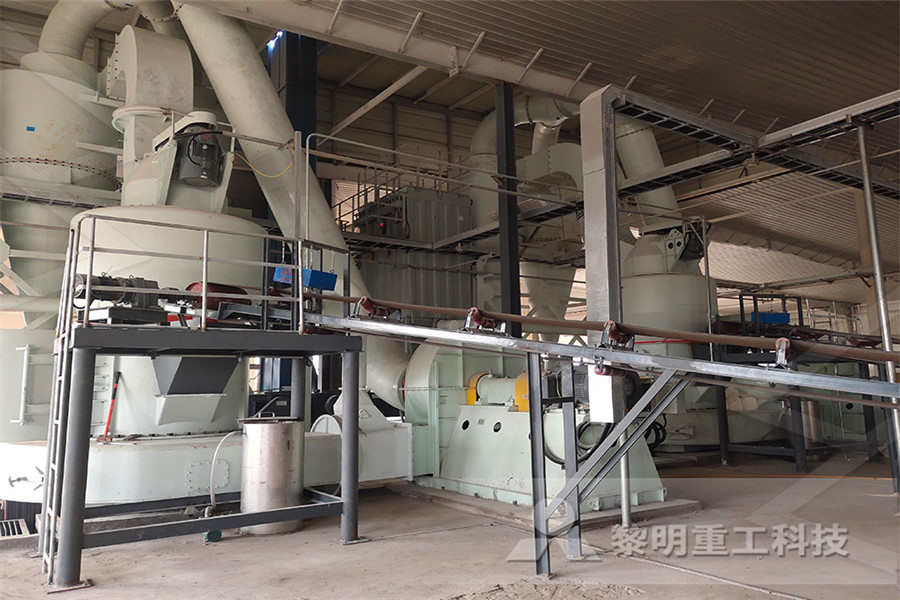
In the early 1900s, some Black Americans looked at Imperial Reddit
Liang Qichao 梁启超 (b 1873–d 1929) fled China after the failed reforms late 1890s and landed in Japan, where he began to organize Chinese students studying in Japan Many of those were in the overseas Chinese education program organized and headed by Kanô Jigorô at the 弘文学院 Kôbun Gakuin (CH: Hongwen Academy), where he taught Jun 16, 2020 Federico BRUSADELLI holds a PhD in Asian studies from the University of Naples “L’Orientale,” and he is currently lecturer in Sinology at the FriedrichAlexander University in ErlangenNuremberg, Germany His research focuses on the intellectual and political history of late Qing and early republican period, with a particular interest in the Russia, China, and the universalism of modernity: the “Account Jun 23, 2020 ABSTRACT Based on the new discovery of two of Kang Youwei’s writings composed in Canada in 1899, this article expands the historical research concerning his Confucian religious thoughts and movement within the Canadian context and the period of his overseas exile in 1899–1911Kang Youwei and Confucianism in Canada and beyond,
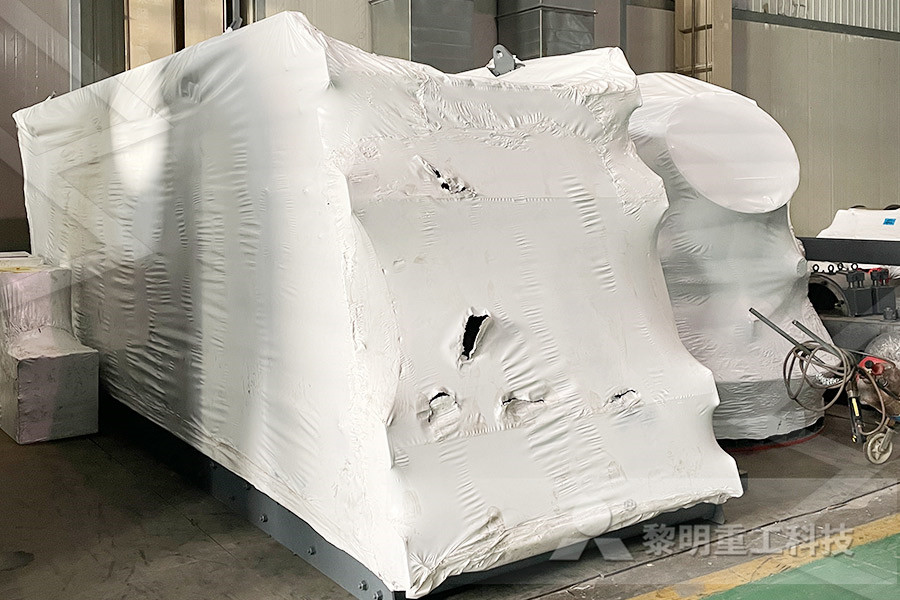
What Speculative Fiction Writers Can Learn from the Origins and SFWA
Dec 28, 2021 The perception of the xia as opposing unjust structures was thus welldefined by 1904, when the wuxia genre label was applied by Liang Qichao 梁启超 for the first time, to describe the 14thcentury novel Water Margin 水浒传 The novel features a band of 108 outlaws who steal from the rich to aid the poor and try to start an uprising Oct 1, 2018 Update your device or payment method, cancel individual preorders or your subscription at Your Memberships SubscriptionsAmazon: 梁启超讲读王阳明心学(清华大学国学院推荐读本。
- 方大集团在辽宁46.8亿拿石墨矿
- 碎石生产线配备哪些机械
- 高岒土一吨多少
- 钛白粉气粉机入口含尘浓度
- 南通船舶修造厂
- 萤石粉生产线
- 炭黑着色强度炭黑着色强度炭黑着色强度
- 1方石灰石多少吨
- 反击破转子怎么找平衡
- 山东泰安矿山机械厂
- 二手9OOx1O6O颚式破碎机
- 粉煤灰磨细报价粉煤灰磨细报价粉煤灰磨细报价
- 五莲废弃石渣
- 悬辊粉石子机产量1800T H
- 怎么分解云母
- 陶瓷加工设备
- PC64锤破机
- 雷蒙磨粉机山东青岛华
- hpc圆锥破碎机多少钱
- 煤矿开采需要哪些设备
- 砾岩制砂机安装方案
- 制煤机
- 液压锤破拆混凝土液压锤破拆混凝土液压锤破拆混凝土
- 钛砂粉体设备
- 化学反应制砂流程
- 磨粉机设备故障频繁
- 隧道洞渣制砂机械多少钱一台
- 浙江矿山机械市场
- 时产1300吨磨机
- 天津宝坻 制砂机护板
-

Primary mobile crushing plant

Independent operating combined mobile crushing station

Mobile secondary crushing plant
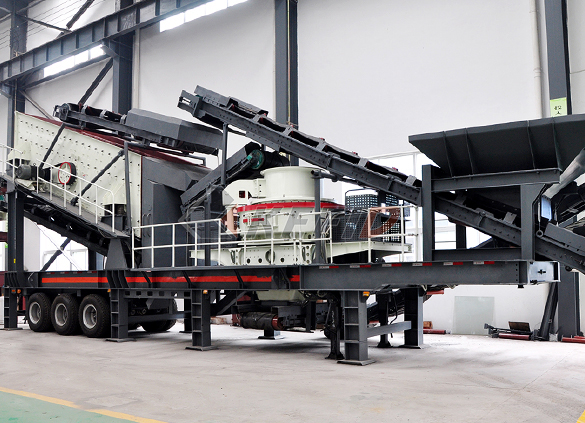
Fine crushing and screening mobile station

Fine crushing & washing mobile station

Three combinations mobile crushing plant
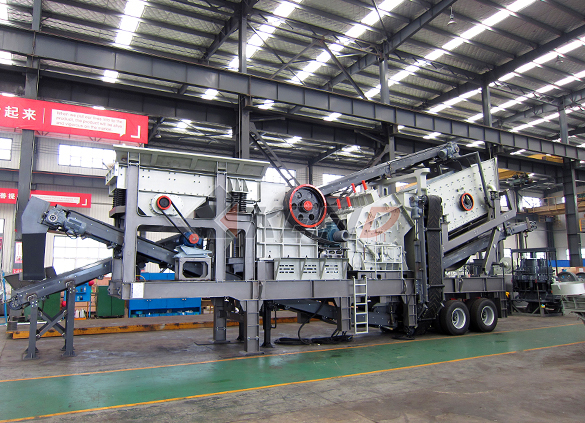
Four combinations mobile crushing plant
-

HGT gyratory crusher
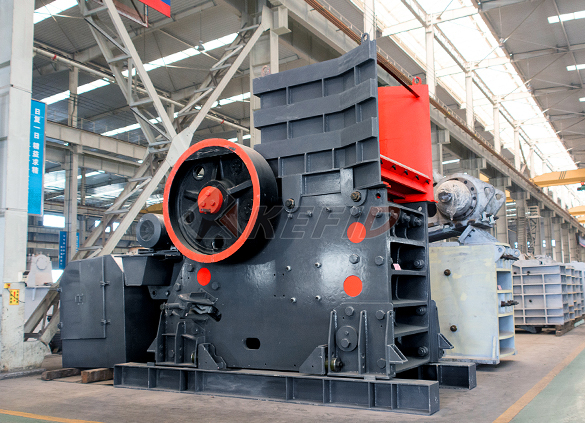
C6X series jaw crusher

JC series jaw crusher
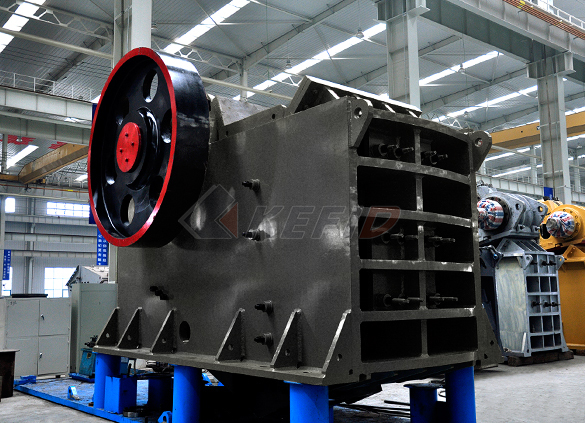
Jaw crusher

HJ series jaw crusher

CI5X series impact crusher

Primary impact crusher

Secondary impact crusher

Impact crusher
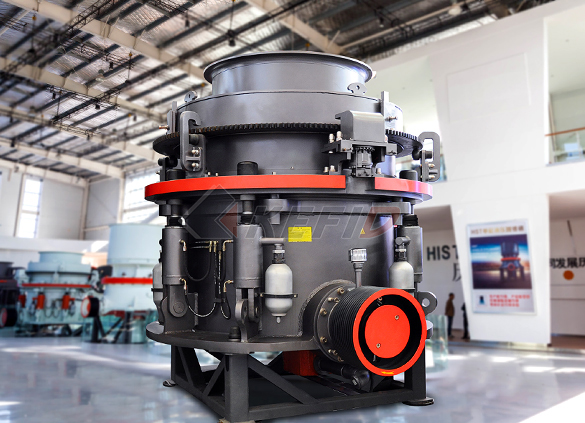
HPT series hydraulic cone crusher

HST hydraulic cone crusher

CS cone crusher
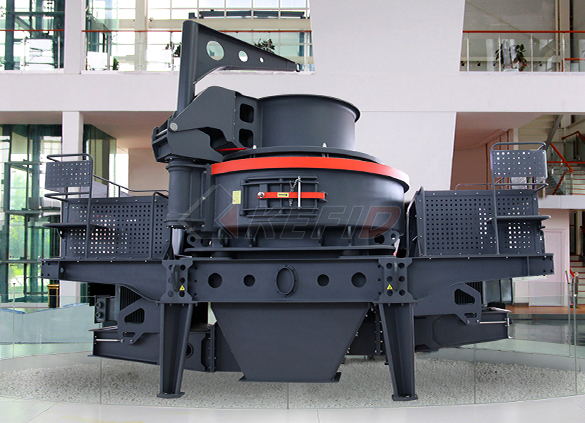
VSI6S vertical shaft impact crusher

Deep rotor vsi crusher

B series vsi crusher
-
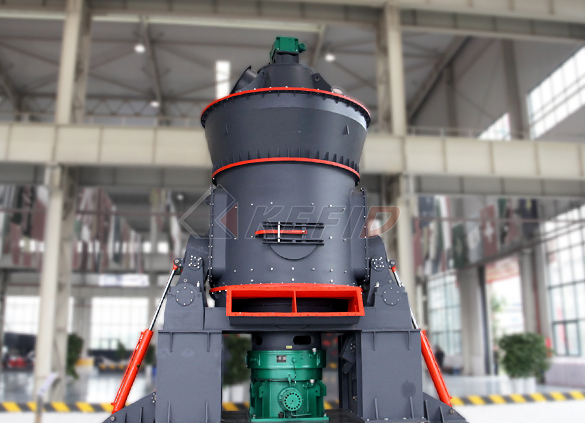
Vertical grinding mill

Ultra fine vertical grinding mill
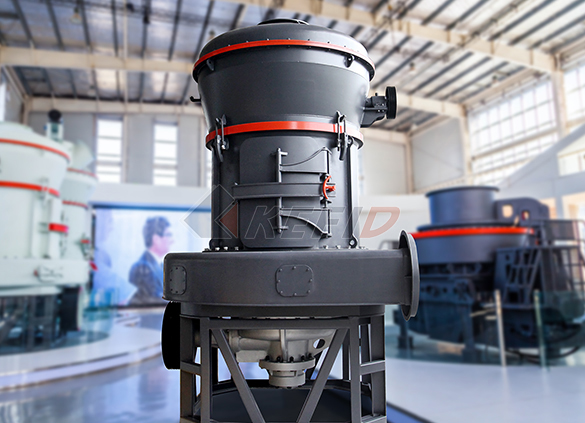
MTW european grinding mill

MB5X158 pendulum suspension grinding mill

Trapezium mill

T130X super-fine grinding mill

Micro powder mill

European hammer mill

Raymond mill
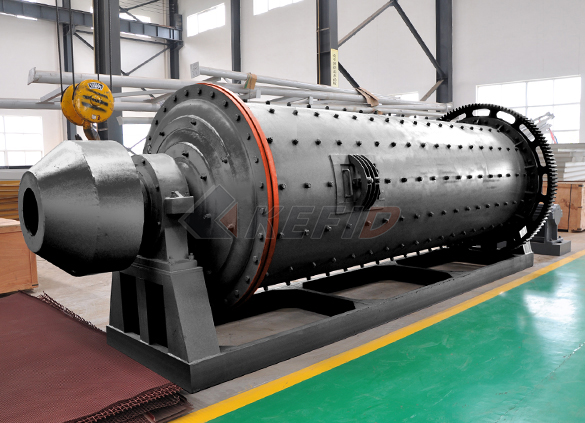
Ball mill
-

GF series feeder

FH heavy vibrating feeder

TSW series vibrating feeder

Vibrating feeder

Vibrating screen

S5X vibrating screen

Belt conveyor
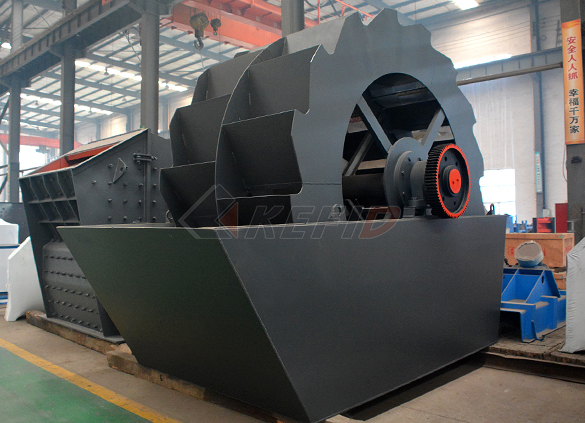
Wheel sand washing machine
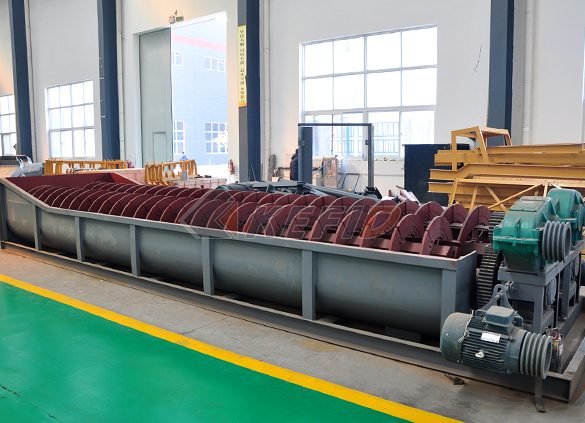
Screw sand washing machine

